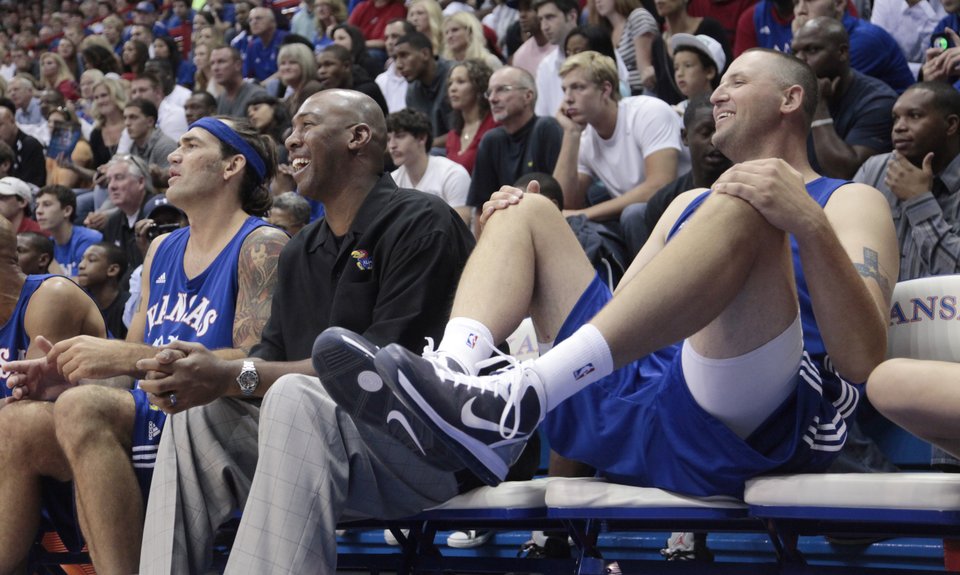

The Gracies connection with jiu-jitsu begins in the Amazon around the World War I and turns out a symbiotic relationship in which they throughout the twentieth century mold a Japanese martial art in their own image.


This article analyzes the contemporary inroads taken by the combat sport known as Brazilian jiu-jitsu and its inventors, the Gracies. Using sources such as state and private archives, newspapers and magazines this study suggests that the making of Brazilian jiu-jitsu through the agency of the Gracie family reflect historical constructed values stemming from a patriarchal culture, social and racial inequality and nationalism. In the following decades, the Gracies supported by their upper class peers and by a nationalist regime, launched a comprehensive process of jiu-jitsu reinvention that evolves into a hybrid combat sport exported worldwide at the end of the twentieth century. Around the World War I, however, a branch of the Gracies, a Scottish cum Rio de Janeiro family with genteel pretensions, joined a troupe of Japanese martial artists and adopted jiu-jitsu as part of their circus act. It encompasses jiu-jitsu’s introduction in the early 1900s, the creation of a native style in the following decades and its globalization under the hybrid form known as “Brazilian jiu-jitsu.” The adoption of jiu-jitsu in the military is part of a larger project of modernization conceived by the Brazilian elite aiming to provide the emergent middle-classes with innovative fitness trends. This dissertation examines the transformation of a modernized Japanese school of martial arts, alternatively known as jiu-jitsu or Kodokan judo, into a Brazilian combat sport. Ironically, the regulations of ‘as real as it gets’ fighting seek to produce a confrontation that meets audience expectations, shaped especially by choreographed violence in movies and videogames. Instead of fighting in some kind of ‘de-regulated’ space, the UFC and other MMA appear to be ‘hyper-violence’, a type of stylized unarmed combat, especially telegenic, that obscures the actual effects of that violence on participants, even as it focuses the camera almost obsessively on particularly dramatic violent moments. However, on closer examination, the development of the rules for ‘no holds barred’ fighting demonstrate a desire on the part of the promoters to stage fights that meet audience expectations, including particularly dramatic forms of violence and decisive outcomes. Twenty years later, the UFC and its imitators have transformed the global understanding of martial arts and established a successful business model for promoting martial arts-based prize fighting. Since the advent of the Ultimate Fighting Championship (UFC) in the United States in 1993, the franchise has become one of the most rapidly growing sports in the world, especially since the take-over of the UFC by Zuffa LLC. One of the strongest claims made by proponents of mixed martial arts (MMA) is that the confrontations are more authentic than other types of combat sports or, in the words of one promotion, ‘as real as it gets’. This chapter will instead explore how market and technological developments led to the emergence, development, and diffusion of this sport, as well as how forms of bodily knowledge entered the athletic information economy through the UFC. For critics, the UFC might represent a limit case of the media industry's willingness to transgress social taboos in pursuit of market share. Critics decried the events as the most violent of spectacle, a return to barbarous blood sports on par with the Roman coliseum or "human cockfighting." Some of the most dedicated fans of the sport, however, approached these competitions as information, reconverting athletic spectacle broadcast through satellites and fiber optic cable into embodied knowledge. Driven by the content-craving technologies of the New Economy and the competitive impulses of media providers, a group of entrepreneurs founded the Ultimate Fighting Championship or UFC, a "no-holds-barred" fighting sport, for cable broadcast.
Greg Jackson Stand Up Game Pdf Download professional#
The proliferation of media channels, including cable television and limited access, pay-per-view narrowcasts, transformed professional sports.* "Extreme" sports, events more spectacular, violent, or dramatic than those traditionally broadcast on television, arose, in part, from the insatiable demand of these new outlets for programming.


 0 kommentar(er)
0 kommentar(er)
